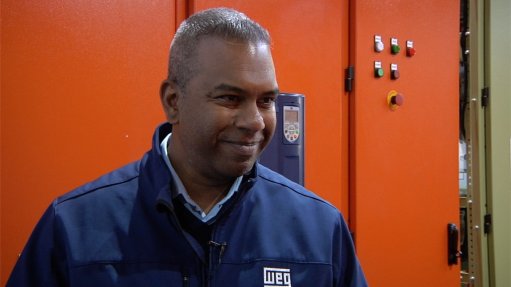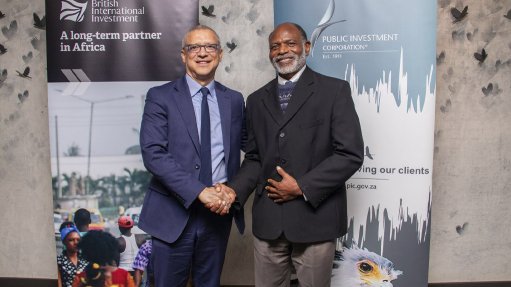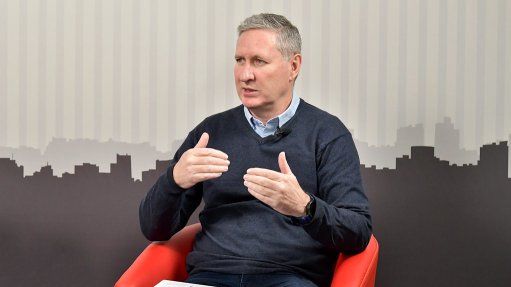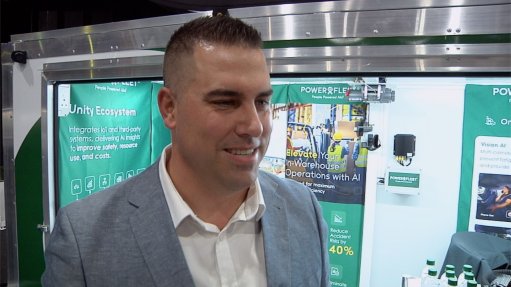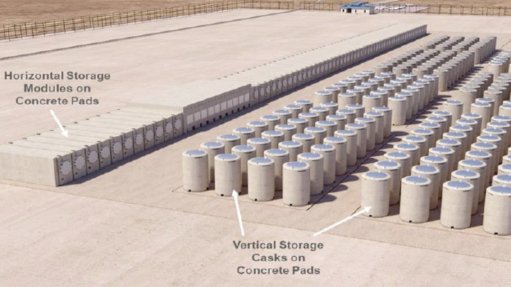Transferrable skills, collaboration vital for transition, employment


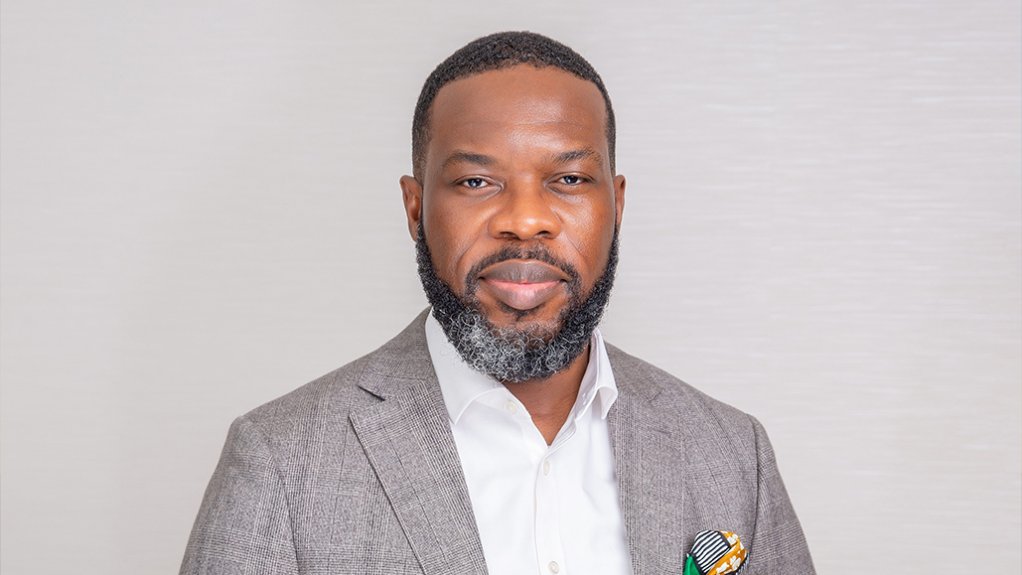
MEETING THE SKILLS GAP People who are equipped with the leadership and project management skills to support the South African energy transition will be vital to solve local challenges
GEORGE ASAMANI Addressing loadshedding and assisting the ongoing energy transition depends on a number of things, including skills funding and political will
With the introduction of the just energy transition, there will be a downsizing in personnel in sectors such as coal, which, in turn, will require a transfer of skills to the renewable-energy sector.
The world’s leading organisation for project professionals, Project Management Institute (PMI), believes the energy transition will lead to a demand for project management skills. With the right polices in place, the outcome for both the workers and the economy can be inclusive and fair.
Reskilling current employees to have a place in the future will support their employment while upskilling youth will prepare them for the emerging green jobs. Everyone from C-suite to frontline team leaders must cultivate a learning environment that helps upskill, cross-train, and identify new opportunities and needs so that no one is left behind,” explains PMI sub-Saharan Africa MD George Asamani.
While different skills and sets of knowledge are required in the coal sector, compared to those in the renewables space – particularly in terms of technical skills – there are a lot of transferrable skills.
These skills are often related to project management, as well as a range of other skills, he adds.
People would have to acquire other technical skills to move into the renewable-energy sector, and this provides an opportunity for the local industry – and role players, such as PMI – to contribute to building skills and capacity in the renewables sector.
Owing to the exodus of people out of South Africa, owing to poor economic conditions and lack of work opportunities, a significant skills gap has developed over the past few years.
Asamani stresses that people who are equipped with the leadership and project management skills to support the South African energy transition will be vital to solve local challenges.
“If we can provide a more enabling environment for project managers, they’ll be encouraged to stay and contribute. We’ll then see the impact that they make.”
Legislation Changes
Legislative changes in the local energy space – such as the lifting of the licensing threshold and announcements made by President Cyril Ramaphosa in February – will change a sector in which the State-owned power utility Eskom was a lone player; explains Asamani.
“Going forward, Eskom can lead energy matters while collaborating with supporting role players. This reduces pressure on Eskom and for the general public, as these changes will provide opportunities to develop more effective and consistent energy supply. Independent power producers can produce and provide more generation capacity, as well as sell directly to the consumer.”
These changes will also create opportunities for partnerships between the public and private sectors, resulting in new ways of working and project management having to be coordinated in these partnerships, he notes.
Different work methodologies might exist in public-sector organisations, compared to those of private-sector companies; consequently, there will be differences in how organisations work and deliver projects.
Asamani emphasises that PMI is the world’s leading provider in project management methodologies, and that the organisation has set “global standards when it comes to project management”.
“When it comes to bringing people together to address such large and important challenges, consistency is important. This is the benefit of being aligned with organisations such as PMI, as we’re able to help bring consistency and standardisation to how these projects are managed.”
PMI Support
Asamani states that PMI intends to support the energy transition through training – particularly for stakeholders that are playing a role in the energy transition at various levels – and engagement with PMI’s partners.
“Addressing loadshedding and assisting the ongoing energy transition depends on a number of things. This includes skills funding and political will. There’s a jigsaw of stakeholders that need to come together to enable this energy transition to happen. Appropriate skills will be needed in the new world.”
This engagement is in line with PMI’s vision for Africa, which is about “empowering people to make ideas a reality”, and ensuring that this energy transition aligns with the needs of the continent.
“It’s critical for us to have support from and interact with not only the African Union but also regional bodies, organisations, governments or companies to support them to achieve their goals,” he concludes.
Comments
Press Office
Announcements
What's On
Subscribe to improve your user experience...
Option 1 (equivalent of R125 a month):
Receive a weekly copy of Creamer Media's Engineering News & Mining Weekly magazine
(print copy for those in South Africa and e-magazine for those outside of South Africa)
Receive daily email newsletters
Access to full search results
Access archive of magazine back copies
Access to Projects in Progress
Access to ONE Research Report of your choice in PDF format
Option 2 (equivalent of R375 a month):
All benefits from Option 1
PLUS
Access to Creamer Media's Research Channel Africa for ALL Research Reports, in PDF format, on various industrial and mining sectors
including Electricity; Water; Energy Transition; Hydrogen; Roads, Rail and Ports; Coal; Gold; Platinum; Battery Metals; etc.
Already a subscriber?
Forgotten your password?
Receive weekly copy of Creamer Media's Engineering News & Mining Weekly magazine (print copy for those in South Africa and e-magazine for those outside of South Africa)
➕
Recieve daily email newsletters
➕
Access to full search results
➕
Access archive of magazine back copies
➕
Access to Projects in Progress
➕
Access to ONE Research Report of your choice in PDF format
RESEARCH CHANNEL AFRICA
R4500 (equivalent of R375 a month)
SUBSCRIBEAll benefits from Option 1
➕
Access to Creamer Media's Research Channel Africa for ALL Research Reports on various industrial and mining sectors, in PDF format, including on:
Electricity
➕
Water
➕
Energy Transition
➕
Hydrogen
➕
Roads, Rail and Ports
➕
Coal
➕
Gold
➕
Platinum
➕
Battery Metals
➕
etc.
Receive all benefits from Option 1 or Option 2 delivered to numerous people at your company
➕
Multiple User names and Passwords for simultaneous log-ins
➕
Intranet integration access to all in your organisation










